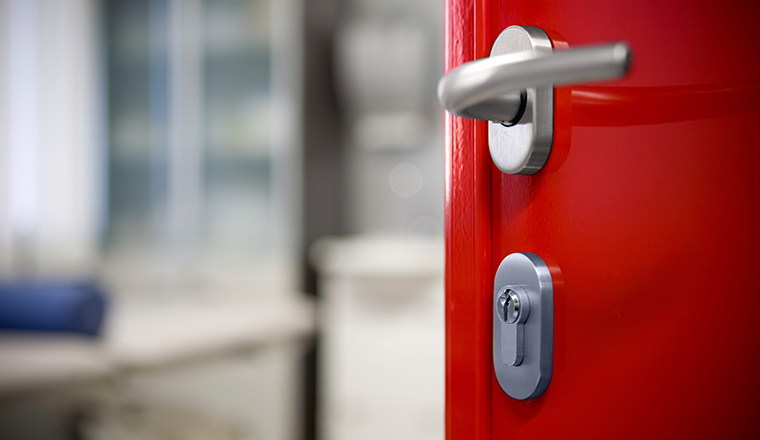Left-handed in a right-handed world: A Case Study in Foreseeable Use

19 May 2015
Product design cannot simply allow for intended use, but must also take consumer behaviour into consideration. Identifying a product’s foreseeable use can be as simple as looking at who will use your product.
"it's not an issue with the product, the consumers are misusing it!" having heard this exclamation on numerous occasions, i am puzzled by this concept of 'misuse'; product design cannot simply allow for intended use, but must also take consumer behaviour into consideration. identifying a product's foreseeable use can be as simple as looking at who will use your product. let's use an oft-neglected population demographic as a case study: the left-handed.
it's a right-handed world; as with many perceptions, once planted in one's mind, it can be hard to stop noticing how explicitly "right-handed" our environment is. rehearse a normal-day routine in your head. when you leave the house in the morning, which side of the door do you reach to, to leave- the right? when reading a book on the daily commute to work, do you hold the book in your left hand and turn through the pages with your right hand?
reported percentages of left-handers, across the globe, range dramatically depending on the source. the majority of references suggest that 8-12 % of the world's population is left-handed. yet how many of the products surrounding us, favour those who are right-handed?
the answer may seem glaringly obvious: use your right hand. indeed, in many situations this is possible. unfortunately, a left-handed individual is forced to use their non-dominant hand in many situations; situations which are frequently, not so trivial. this over-looked problem, of forcing an individual to use their non-dominant hand, can lead to one-off injuries, cumulative overuse injuries or discomfort, and the long-standing misconception that those who are left-handed are awkward or clumsy. and you haven't even arrived at work yet!
it is impossible to design for every user, or even the elusive 'average' user. intertek product intelligence's human development specialists can conduct foreseeable use assessments and observational studies to determine how people, including children, the elderly, or the left-handed, will use your product in intended and reasonably foreseeable ways. does consumer behaviour inform your product design processes? please leave a comment or question below and one of our experts will get back to you.
